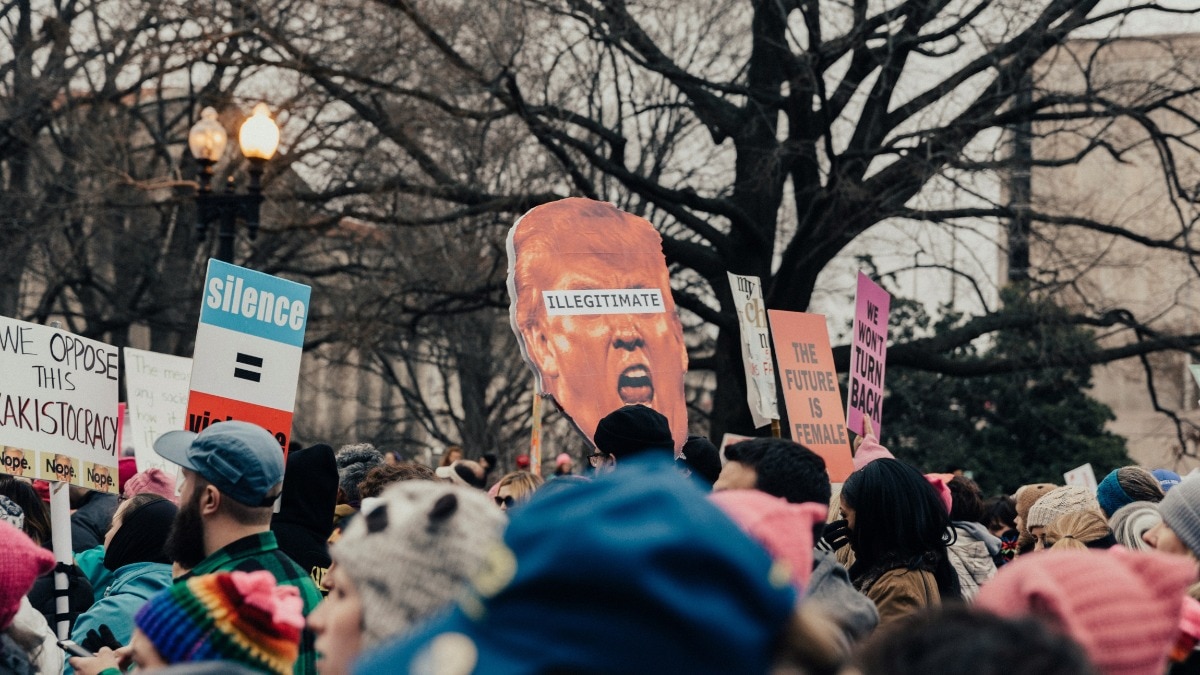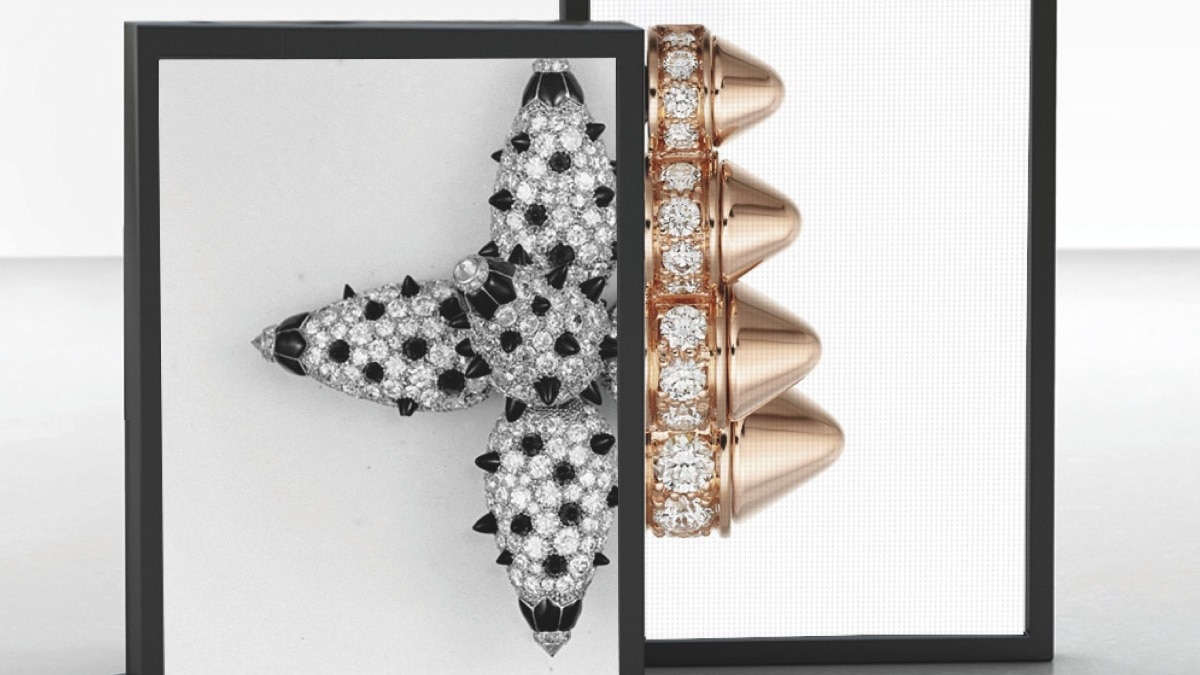
Retinol and pregnancy: what you need to know
Experts weigh in on retinol products that claim to be ‘pregnancy safe’ and explain how to navigate retinoid use throughout your journey to motherhood and beyond.


Retinol is a skincare stalwart, famed for its ability to ‘anti-age’ and aid acne. But it’s also known to have contraindications in pregnancy, with most expectant mothers choosing to avoid the skincare ingredient from the point of planning to conceive.
It’s a member of the retinoid family—vitamin A-derivatives which can be found in myriad skincare formulas both on prescription and over the counter, as well as in oral treatments from drugs to supplements. Retinol’s sibling ingredients include retinoic acid, retinaldehyde, retinyl palmitate, retinal, and tretinoin, among others—all of which consultant dermatologist Dr Derrick Phillips tells me should be parked for use in pregnancy.
“I advise my patients to avoid all retinoid-based products,” he says. And he’s not alone. The other experts I speak to—cosmetic skin doctor Dr Sam Bunting; consultant dermatologist Dr Hiba Injibar; and cosmetic safety expert Dr Tiina Meder—all concur. So why, I question—as a pregnant beauty director, do some brands claim their retinols are ‘pregnancy-safe’? Because, as I discovered, the subject isn’t as black and white as one would imagine.
The risks and rules surrounding retinol in pregnancy
“There’s no official legislation surrounding it, so it is a grey zone,” Dr Meder tells me. “Current dermatological guidance strongly advises against the use of oral retinoids, such as Isotretinoin and Alitretinoin, in women who are trying to conceive and during pregnancy,” says Dr Phillips. “This is because oral retinoids can cause severe harm to an unborn child which can result in birth defects.” While the risk is greatest for oral retinoids, “animal studies have also shown that high doses of topical retinoids can potentially cause harm to a developing foetus,” he adds.
This all speaks to one of two different aspects of retinol safety: that of its systemic effect on the body. “In pregnancy, this relates to the health of the embryo or baby,” Dr Meder says. “We know vitamin A in high dosages can lead to deformations of the embryo development because it interacts not only with our skin cells but our brain, liver, kidney… and an embryo in the uterus”—hence the oral intake of retinoids being avoided in pregnancy as per prescriber guidance. “But the systemic effect of retinol applied to the skin is an area that’s very unclear,” she continues. Cases of embryo deformation caused by topical use of retinol-containing products may be minimal, “but the fact it exists makes it a risk,” she feels.
The fact is, adds Dr Phillips, “any products applied onto the skin will be absorbed”—though “the amount of absorption and the level that enters the bloodstream is determined by the formulation, the concentration of ingredients and the permeability of the individual's skin barrier”.
The second issue to consider with retinol use in pregnancy is its topical effect on the skin, continues Dr Meder. “In pregnancy, our skin is more vulnerable to UV light and at higher risk of hyperpigmentation, sensitivity, and allergic reactions, with the immune system much more active and less predictable,” she points out. “Adding sensitising ingredients onto the skin can create additional risk.”

When to stop using retinol in pregnancy—and whether to continue when breastfeeding
“When counselling patients in clinic who plan to conceive, my advice is to stop using retinoids (oral or topical) once they cease using contraception and start trying for a baby,” Dr Bunting tells me. Though, of course, this forecasting is not always possible. “I ensure that any acne issues are well-stabilised prior to this and then transition them to using a pregnancy-safe combination of ingredients, usually anchored by azelaic acid as their replacement for retinoids, as it has many of the same anti-blemish benefits.”
What about post-pregnancy? Even when breastfeeding “all kinds of hormones are being created which affect melanin production,” adds Dr Meder. “So, this is another reason why I do not recommend using retinol-based products in both pregnancy and the breastfeeding period, because you are already at high risk of hyperpigmentation and skin sensitivity.”
Alternatives to retinol in pregnancy and while breastfeeding
For Dr Meder, the question is why you’d want to use retinol in pregnancy when there are many safe and effective alternatives in the skincare world. “There are about 15 retinol alternatives now,” she says—many of which she uses in her inclusive brand Meder, which is positioned as entirely pregnancy-safe. “For example, we can use peptides and bakuchiol to boost collagen synthesis,” she says of the process which helps skin maintain its spring.
For other benefits, Dr Phillips notes that “niacinamide and azelaic acid have anti-inflammatory properties and can help to manage acne and rosacea during pregnancy”. These ingredients can also tackle pigmentation issues and can be combined with vitamin C to brighten the complexion and even out the skin tone. “Also, salicylic acid at concentrations less than 2 per cent can help to unblock the pores and improve skin texture,” he adds. Additionally, for thirsty complexions, “products containing hyaluronic acid work well due to their hydrating properties while being safe during pregnancy,” offers Dr Injibar.



Dr Bunting, who is behind her own skincare line Dr Sam’s, finds that her “Flawless Neutralising Gel in the morning and Flawless Brightly Serum at night is a great combination approach”. Both are azelaic acid-based with the latter also utilising niacinamide and bakuchiol—which, in my personal experience, works a treat. Having used this skincare strategy (alongside SPF 50 for daytime) since the start of my second trimester this pregnancy, my skin has looked clear and—dare I say—radiant, meaning I don’t currently miss my retinol at all.
Feature Image: Pexels
This article originally appeared in harpersbazaar.com/uk in June 2024.
Also Read: Is peptide your ticket to luscious lips? Here's what the experts have to say
Also Read: Find your curated beauty routine with our top picks for every skin type










